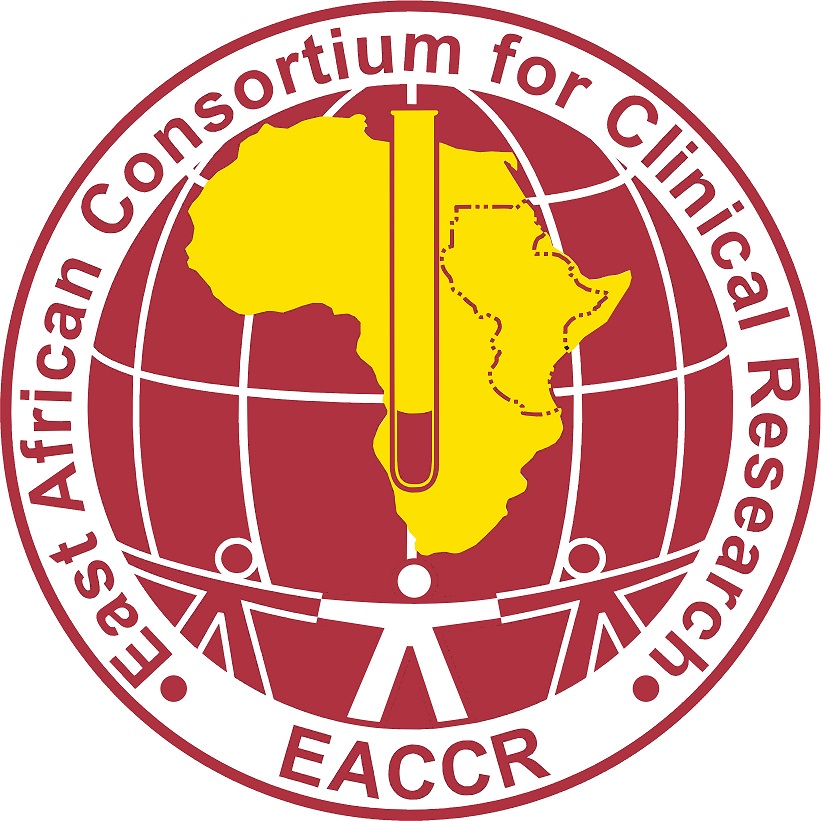About EACCR
What is EACCR?
The Eastern Africa Consortium for Clinical Research (EACCR3) aims to strengthen and sustain an existing long term and highly successful collaboration aiming to continue to build capacity among junior SSA researchers; and create productive South-South as well as South-North research networks to deliver high quality and high impact ICH-GCP research in the area of PRDs.
Aims and objectives
- To establish the EACCR3 as a sustainable network to build capacity for conducting internationally recognized research.
- To establish a robust research programme that will support the conduct of ICH-GCP studies with special focus on co-morbidities between the PRDs and NCDs, other infections including COVID-19.
- To deliver a training and mentorship program promoting an increase and retention of the independent African researchers.
- To develop a robust statistics and data management platform and to strengthen and strategically expand South-South and North-South collaborations between researchers and institutions with a specific focus on supporting less established Eastern Africa institutions.
Background
Sub-Saharan Africa (SSA) has the largest burden of disease in the world in terms of disability adjusted life years /DALYs) i.e. years of life lost due to premature death and years lived with a disability. Although non communicable disease are on the rise also in the region, the burden of poverty related diseases (PRDs) and infections such as neglected tropical diseases, malaria, tuberculosis (TB), HIV-related mortality still cause the great majority of DALYs in SSA. This is accentuated by the emerging and re-emerging diseases such as Ebola, Dengue, Schistosomiasis, and COVID-19. Health systems in SSA are heavily challenged by a disproportionate and overlapping burden of PRDs, while at the same time struggling with expensive chronic care challenges for NCDs and emerging diseases such as COVID19. Increased global and regional health efforts have been effective in decreasing the overall prevalence and mortality associated with PRDs. Despite these successes, many questions remain in all aspects of PRD research, ranging from clinical trials to programmatic implementation.

